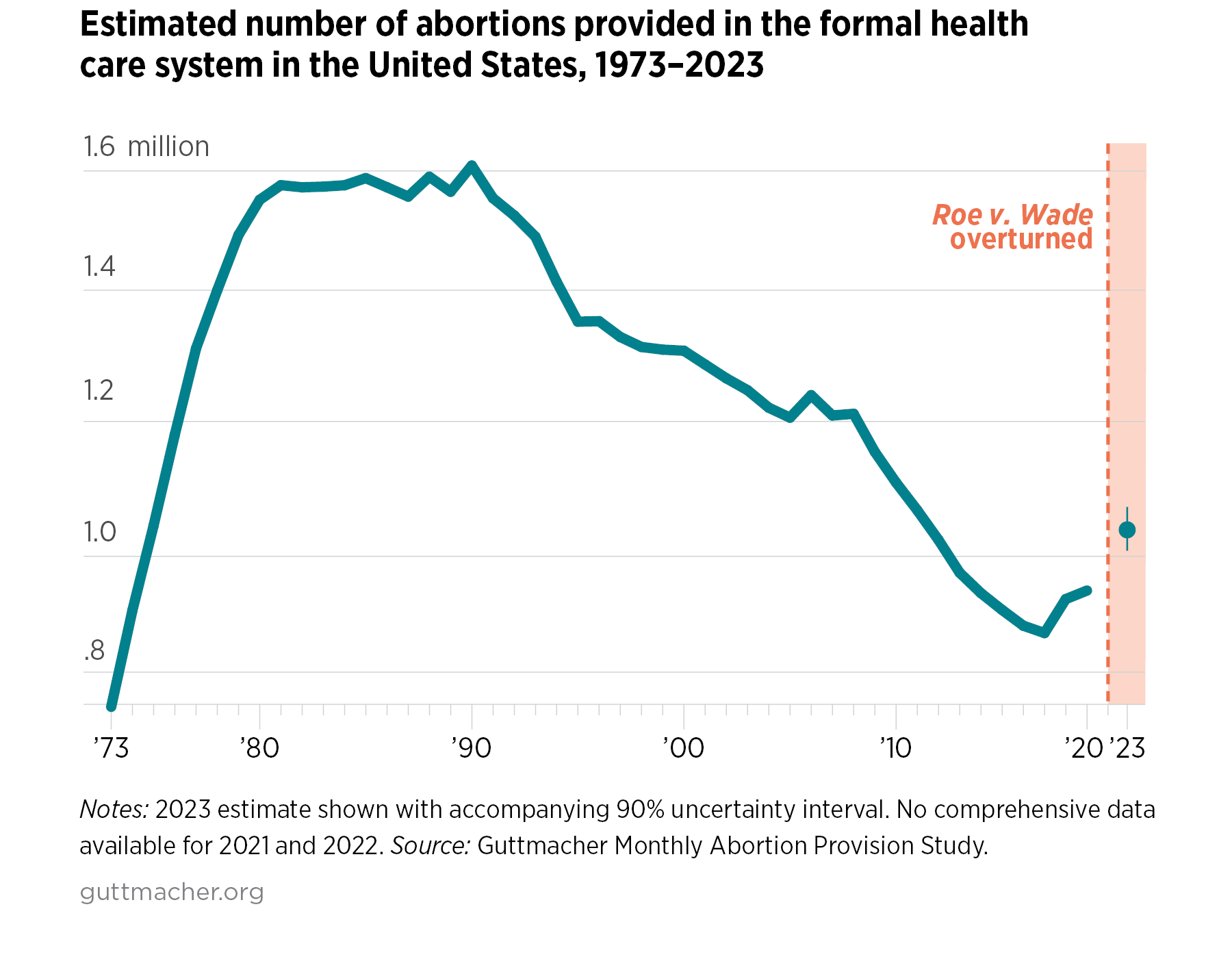Can medication abortion, aka the abortion pill, the primary product of the abortion industry now and going forward, be stopped by government laws?
As a thought experiment, let’s consider a law that one would think would have the greatest impact on stopping the abortion pill: a nationwide ban on abortion through a national constitutional amendment. (By the way, there is a movement to adopt such an amendment. It’s called the Human Life Amendment.)
If such an amendment passed and became an official amendment to the U.S. Constitution you might think that would be the end of the abortion pill.
I think such an amendment would have some impact as a teaching tool for younger generations – explaining to young people when they reach the appropriate age that such a law exists because, as the Declaration of Independence says, “We hold these truths to be self-evident, that all men are created equal, that they are endowed by their Creator with certain unalienable Rights, that among these are Life, Liberty and the pursuit of Happiness.”
But ultimately, I think that impact on young Americans would be much more muted than people realize.
For example, as a counter to the effectiveness of the “laws teach” claim, if such laws did in fact serve as such a powerful motivator for women to make decisions for life, we should have seen a massive drop in abortion numbers in states where abortion was outlawed following the overturn of Roe v. Wade.
But this hasn’t happened.
In fact, nationwide abortion numbers are estimated to have actually increased post-Roe according to the Guttmacher Institute:

This means women are either travelling from abortion-illegal states to abortion-legal states to procure abortions, so called “abortion tourism,” or much more common now, women are ordering abortion pills online from suppliers who are happy to ignore state laws.
So we can conclude from current in-the-field experience that a constitutional amendment would likely have little effect on decreasing demand for the abortion pill.
Ok, but what if the new constitutional amendment also targeted shutting down production of the abortion pill?
To gauge how effective that approach might be, again, we can turn to parallels that already exist, specifically the War on Drugs.
I would ask you to name any illicit drug targeted by the War on Drugs, and show evidence that a government enforcement agency has effectively shut down production of that drug.
It just hasn’t happened.
Remember that the chemistry of these drugs is well-known.
As is the chemistry of the abortion pill (mifepristone and misoprostol).
So even if you successfully shut down a production facility domestically or overseas, another one will just pop up somewhere else to replace it.
So you basically end up taking out one producer which then opens the door for another producer to replace the one you just shut down.
It becomes a game of global whack-a-mole.
Ok, we can’t shut down production, but what about distribution?
Can’t we eliminate the channels through which women procure the abortion pill?
Assuming robust enforcement by government forces, I think this would have more impact at reducing the flow of abortion pills than attempting to shut down production.
However, we can analyze the chances of success with this method by again looking at the War on Drugs.
Can you name any illicit drug targeted by the War on Drugs, and show evidence that any government enforcement agency has effectively shut down distribution of that drug?
It hasn’t happened.
Yes, on occasion you see on the news the capture of a large amount of some kind of illegal substance, but I encourage you to look at one statistic that can help you understand just how ineffective efforts have been to shut down the distribution of illicit drugs in the U.S.
According to the 2020 National Survey of Drug Use and Health (https://drugabusestatistics.org/), “Among Americans aged 12 years and older, 37.309 million were current illegal drug users (used within the last 30 days) as of 2020.”
That statistic doesn’t forebode well for the view that the distribution of the abortion pill could feasibly be shut down.
Clearly, distributors find a way to get drugs to consumers no matter the laws.
As long as there is demand for the abortion pill, and someone willing to pay significant money for it, there will be someone somewhere in the world willing to supply it and distribute it in pursuit of financial profit.
If restricting supply of the abortion pill through legislation is not the answer to massively lower the number of medication abortions, then what is the answer?
We’ll turn to that very important question tomorrow.
Regards,
Brett Attebery

